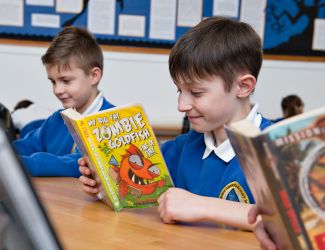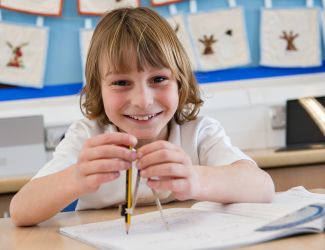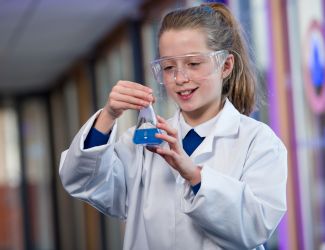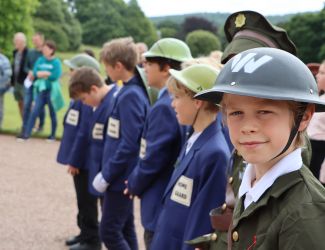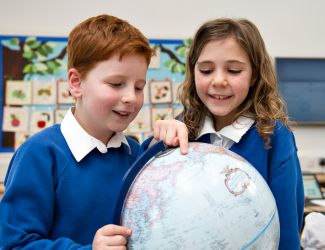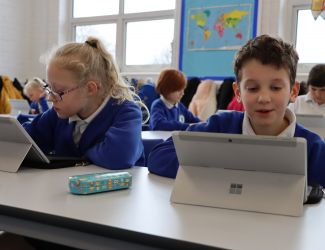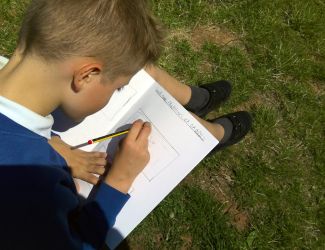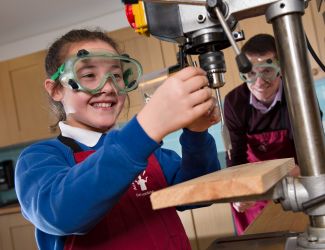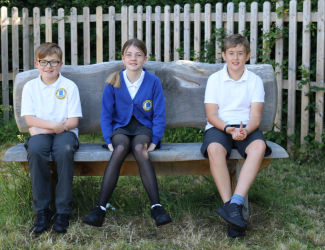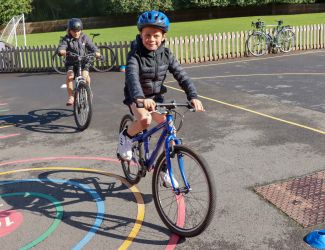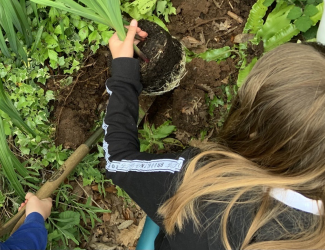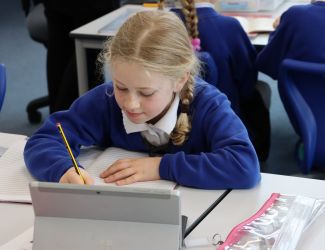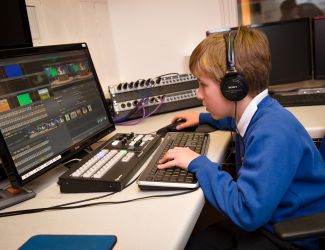Year 3 PSHE Curriculum
Personal, Social, Health and Economic (PSHE) education is a school subject through which pupils develop the knowledge, skills and attributes they need to manage their lives, now and in the future. It helps children and young people to stay healthy and safe, while preparing them to make the most of life and work. At Cornerstone, PSHE is our ‘golden thread’ and is delivered holistically in all we do, in the relationships we build with children, and the sense of togetherness children feel within the Trust. In Year 3, we deliver learning opportunities within the themes of: Health and Wellbeing, Relationships and Living in the Wider World. This builds on the skills that pupils started to acquire during the Early Years Foundation stage (EYFS) to develop effective relationships, assume greater personal responsibility and manage personal safety, including online. Weekly discussion sessions encourage children to explore the subject content below and all children have the opportunity to discuss any concerns and thoughts with their mentors through our mentoring programme.
Relationships: Friendship; making positive friendships, managing loneliness, dealing with arguments; families; family life; caring for each other
- How friendships support wellbeing and the importance of seeking support if feeling lonely or excluded
- How to recognise if others are feeling lonely and excluded and strategies to include them
- How to build good friendships, including identifying qualities that contribute to positive friendships
- That friendships sometimes have difficulties, and how to manage when there is a problem or an argument between friends, resolve disputes and reconcile differences
- How to recognise if a friendship is making them unhappy, feel uncomfortable or unsafe and how to ask for support
Health and Wellbeing: Keeping safe; at home and school; our bodies; hygiene; medicines and household products; being healthy: eating well, dental care; being healthy: keeping active, taking rest
- How to recognise hazards that may cause harm or injury and what they should do to reduce risk and keep themselves (or others) safe
- How to help keep their body protected and safe, e.g. wearing a seatbelt, protective clothing and stabilizers
- That their body belongs to them and should not be hurt or touched without their permission; what to do and who to tell if they feel uncomfortable
- How to recognise and respond to pressure to do something that makes them feel unsafe or uncomfortable (including online)
- How everyday health and hygiene rules and routines help people stay safe and healthy
- How to eat a healthy diet and the benefits of nutritionally rich foods
- How to maintain good oral hygiene (including regular brushing and flossing) and the importance of regular visits to the dentist
- How not eating a balanced diet can affect health, including the impact of too much sugar/acidic drinks on dental health
- That eating and drinking too much sugar can affect their health, including dental health
- How people make choices about what to eat and drink, including who or what influences these
- How, when and where to ask for advice and help about healthy eating and dental care
- How regular physical activity benefits bodies and feelings
- How to be active on a daily and weekly basis - how to balance time online with other activities
- How to make choices about physical activity, including what and who influences decisions
- How the lack of physical activity can affect health and wellbeing
- How lack of sleep can affect the body and mood and simple routines that support good quality sleep
- How to seek support in relation to physical activity, sleep and rest and who to talk to if they are worried
Living in the Wider World: Community; belonging to groups; similarities and differences; respect for others
- How they belong to different groups and communities, e.g. friendship, faith, clubs, classes/year groups
- What is meant by a diverse community; how different groups make up the wider/local community around the school
- How the community helps everyone to feel included and values the different contributions that people make
- How to be respectful towards people who may live differently to them
- The responsibilities they have in and out of the classroom

